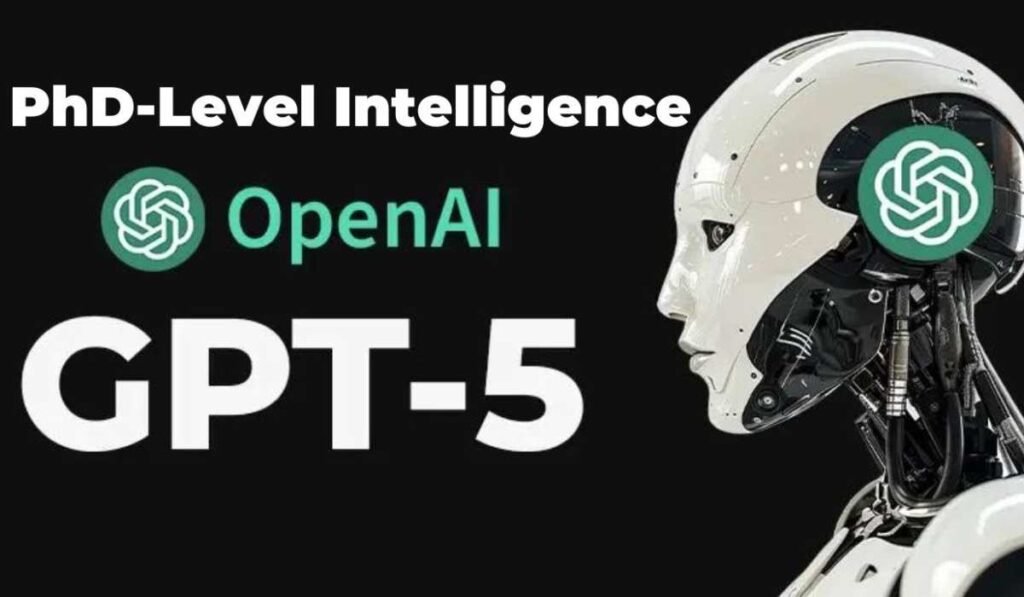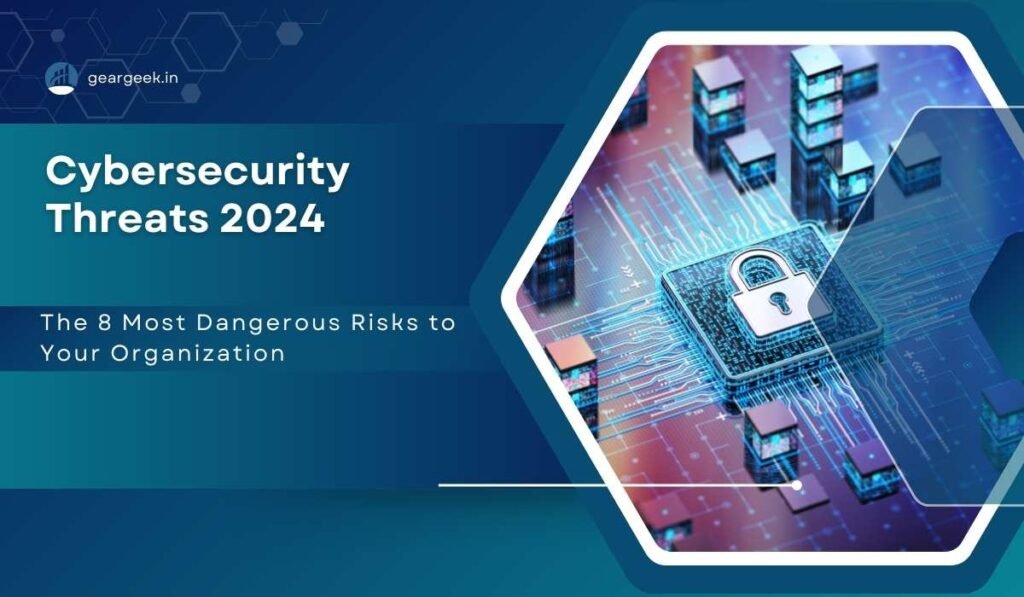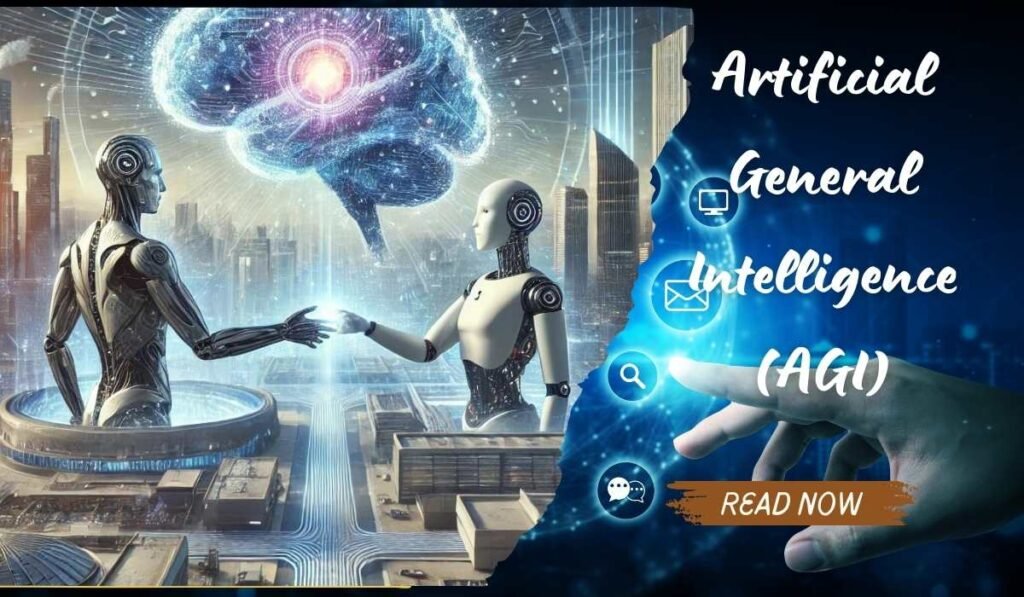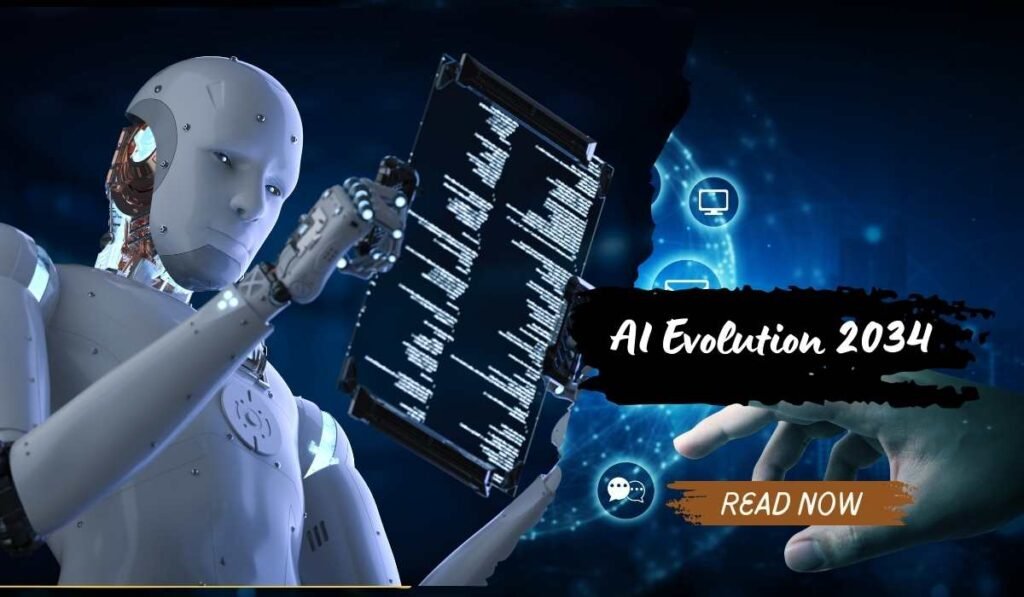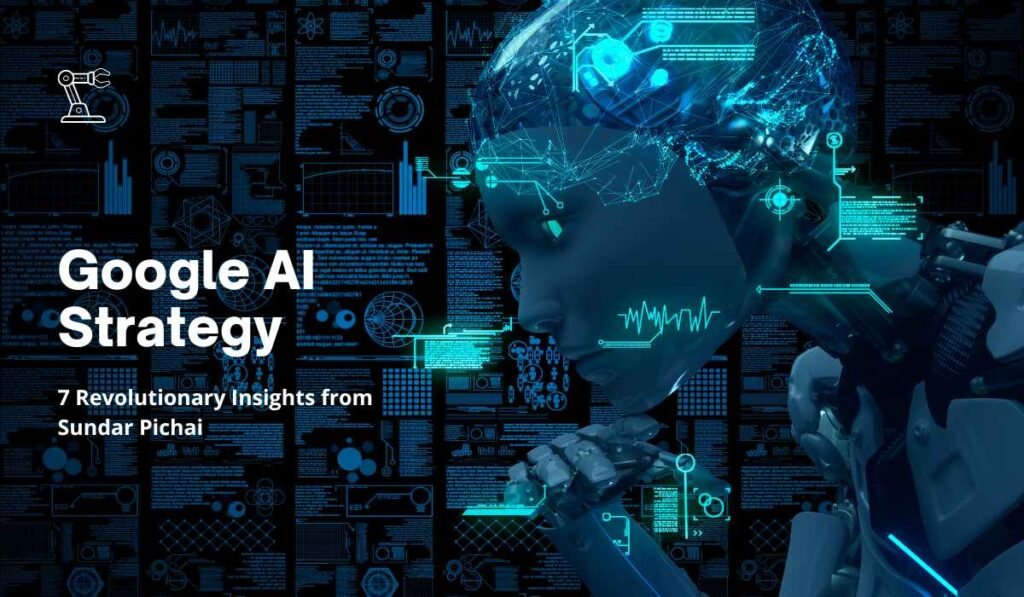GPT-5 PhD-level intelligence is set to revolutionize the world of artificial intelligence. As OpenAI prepares to launch its next iteration of language models, the tech world is buzzing with anticipation. This advanced AI system promises to push the boundaries of machine intelligence, offering capabilities that rival those of doctoral graduates in specific fields. But what exactly does this mean for various industries, and what challenges might arise from such sophisticated AI? Let’s dive into the exciting world of GPT-5 PhD-level intelligence and explore its potential impact on our future.
To understand the significance of GPT-5, it’s crucial to look at how far we’ve come in AI development:
- GPT-3: Comparable to a toddler’s intelligence
- GPT-4: Likened to a smart high school student
- GPT-5: Expected to achieve PhD-level intelligence for specific tasks
This progression represents a monumental leap in AI capabilities. While previous versions laid the groundwork, GPT-5 is set to demonstrate deep understanding, reasoning, and expertise similar to that of a doctoral graduate in certain fields.
GPT-5: A Technological Marvel in the Making
OpenAI, the company behind the GPT series, has been tight-lipped about the exact release date of GPT-5. Initially expected in 2024, the launch has been pushed back to late 2025 or early 2026. However, OpenAI’s CEO, Sam Altman, has emphasized that there is no fixed timeline, as the development process requires extensive research, testing, and refinement to ensure safety, reliability, and performance.
Key Features of GPT-5:
- 52 trillion parameters: A significant increase from GPT-4, allowing for more complex reasoning and understanding.
- Multimodal capabilities: Ability to process and generate multiple forms of data, including text, images, and potentially audio or video.
- Codenames “Gobi” and “Arrakis”: Internal project names that hint at the ambitious nature of the development.
- Possible name change: OpenAI may rebrand the model before its official release, focusing on capabilities rather than numerical succession.
Potential Applications of GPT-5’s PhD-Level Intelligence
The advanced capabilities of GPT-5 open up a world of possibilities across various sectors:
1. Education
- Personalized tutoring: Tailored support for students in complex subjects.
- Adaptive learning: Real-time adjustment of difficulty based on student progress.
- Accessibility: High-quality education in resource-limited areas.
2. Healthcare
- Advanced diagnostics: Analysis of patient records and medical research for accurate diagnoses.
- Personalized treatment plans: Tailored healthcare strategies based on individual patient data.
- Medical research support: Identifying patterns in large datasets to accelerate drug development.
3. Technology Sector
- Intelligent coding assistance: Writing, debugging, and optimizing code.
- Enhanced user experiences: Powering more responsive virtual assistants and customer service bots.
- Innovation acceleration: Rapid prototyping and testing of new technologies.
4. Scientific Research
- Data analysis: Processing vast amounts of information to identify trends and correlations.
- Hypothesis generation: Proposing new ideas and theories based on analyzed data.
- Interdisciplinary connections: Facilitating collaboration across different fields of study.
The Power of Specialization
One of GPT-5’s strengths lies in its ability to excel in specific areas, providing highly precise and useful applications. This specialized focus allows it to:
- Analyze data and generate insights with exceptional accuracy
- Transform industries by enhancing productivity and innovation
- Free up human experts to focus on more creative and strategic tasks
Challenges and Ethical Considerations
While the potential of GPT-5 is immense, it also brings significant challenges:
- Over-reliance on AI: Risk of reduced human oversight in critical decision-making processes.
- Data privacy and security: Ensuring protection of sensitive information handled by AI systems.
- Employment disruption: Potential displacement of certain professionals as AI automates specialized tasks.
- Ethical use: Ensuring responsible development and application of advanced AI technologies.
Preparing for the GPT-5 Era
As we anticipate the arrival of GPT-5, it’s crucial to:
- Develop strategies to integrate AI responsibly into various sectors
- Invest in education and retraining programs to prepare the workforce for AI-driven changes
- Establish robust ethical guidelines and regulatory frameworks for AI development and use
- Foster collaboration between policymakers, businesses, and educators to address socioeconomic implications
GPT-5’s PhD-level intelligence represents a significant milestone in AI development. Its potential to revolutionize industries, accelerate scientific discoveries, and enhance our problem-solving capabilities is truly exciting. However, we must approach this advancement with a balanced perspective, acknowledging both its immense potential and the challenges it presents.
As we stand on the brink of this new era in AI, it’s clear that GPT-5 will not be a universal solution or a replacement for human expertise. Instead, it will serve as a powerful tool to complement human intelligence, opening up new possibilities for innovation and progress across various fields.
The journey towards GPT-5 is as much about technological advancement as it is about shaping a future where AI and human intelligence coexist and collaborate effectively. By addressing the challenges head-on and harnessing the potential of GPT-5’s PhD-level capabilities responsibly, we can pave the way for a future where AI truly enhances human potential and contributes to solving some of our most pressing global challenges.
GPT-5 is the next iteration of OpenAI's language models, expected to achieve PhD-level intelligence for specific tasks, representing a significant leap from GPT-4, which is likened to a smart high school student.
The release of GPT-5 has been pushed back to late 2025 or early 2026, with OpenAI's CEO stating that there is no fixed timeline as development requires extensive research and testing.
Key features of GPT-5 include 52 trillion parameters for complex reasoning, multimodal capabilities for processing various data forms, and potential internal codenames such as 'Gobi' and 'Arrakis'.
Industries such as education, healthcare, technology, and scientific research stand to benefit greatly, with applications ranging from personalized tutoring to advanced diagnostics and intelligent coding assistance.
Challenges include over-reliance on AI, data privacy concerns, employment disruption, and the need for ethical use and responsible development of advanced AI technologies.
Society can prepare by developing strategies for responsible AI integration, investing in education and retraining programs, establishing ethical guidelines, and fostering collaboration among policymakers, businesses, and educators.
No, GPT-5 will not replace human expertise; rather, it will serve as a powerful tool to complement human intelligence and enhance productivity and innovation in various fields.
GPT-5's specialization allows it to analyze data and generate insights with exceptional accuracy, transforming industries and enabling human experts to focus on more creative and strategic tasks.
Ethical considerations include ensuring responsible AI development, protecting data privacy, addressing employment impacts, and establishing guidelines for the ethical use of advanced AI technologies.
GPT-5 could accelerate scientific research by processing vast amounts of data to identify trends, generating new hypotheses, and facilitating interdisciplinary collaboration.

